 Private tutoring in China is a $70 billion industry. (Source: South China Morning Post)
Private tutoring in China is a $70 billion industry. (Source: South China Morning Post)
Despite the government's tightening of private tutoring and tutoring activities and declining incomes due to the impact of the COVID-19 pandemic and the global economic recession, parents in China still do not hesitate to spend large sums of money on their children's extracurricular classes.
The cost of raising and educating children in China is so expensive that they are likened to "gold-swallowing little monsters."
New variations of tutoring
Last July, Liu Hao's family's total spending hit a three-year high.
In addition to daily living expenses, Liu Hao, a woman living in the eastern Chinese city of Ningbo, spent more than 40,000 yuan ($5,500) for her 11-year-old son to attend summer courses.
About 25,000 yuan of this was for her child to attend a short-term summer study abroad program in Japan; 10,000 yuan was spent on extra classes and the rest was for a summer camp trip.
Liu Hao, who works at a trading company in China, said, “My husband and I don’t dare to spend too much on other things because our income has barely increased in the past few years.” But Liu said her family would not hesitate to spend a large sum of money on their child’s education.
A slowing economy and modest income growth have forced Chinese consumers to tighten their spending. But that hasn’t stopped them from spending heavily on education products, even as the Chinese government has been discouraging students from taking extra classes over the past few years.
This summer is the first summer vacation in three years due to the COVID-19 pandemic. This past July also marked two years since Beijing cracked down on private tutoring, upending a $70 billion industry.
 Chinese students take the grueling gaokao every year. (Photo: Bloomberg)
Chinese students take the grueling gaokao every year. (Photo: Bloomberg)
To cope with the new policy, many parents have sent their children to study abroad or deliberately violated the law by hiring private tutors. All with the aim of giving their children an academic advantage in school.
They do not want their children to fall behind their peers, in a context where a large number of Chinese youth cannot find jobs.
To stay afloat, many tutoring centers also design “non-academic” courses.
Liu Hao shared that the English center her son is attending has changed the name of a regular course to “public speaking in English.” Basically, only the name is new, the teaching content has not changed.
In addition to the renamed extracurricular courses, China has also witnessed an explosion of experiential learning trips for young people – a product that many parents register their children to participate in.
It is not uncommon to see large groups of students visiting famous places such as Tsinghua University in Beijing or the Shanghai Museum of Astronomy. This has attracted media attention and become the focus of news stories.
It is difficult to change parents' views.
Even though China has tightened its grip on private tutoring, it is clear that parents' thinking on the issue has not changed much.
A woman surnamed Luo, who lives in Shanghai, has a son who is currently in primary school. Luo said she sent her son to a daycare center during the summer vacation. The teachers there helped her son prepare for the new school year.
“The competition is fierce. It seems like everyone is going to tutoring, so I can’t let my child stay home for the whole holiday,” Luo said.
In addition to her young son, Luo also has a daughter in high school. Luo said her daughter's tuition is currently around 350 yuan for a two-hour lesson, while the tuition for a one-on-one tutor is up to 800 yuan.
Luo spends nearly 250,000 yuan a year on extra classes for her two children, not to mention the costs of other activities. According to Luo, the higher the level of education, the higher the tuition fee.
“My husband and I consider ourselves lucky that our income has not been significantly affected over the past few years. However, that does not mean we will spend money without thinking carefully. After all, making money these days is not easy,” she said.
China's gross domestic product grew 6.3 percent year-on-year in the second quarter of this year, significantly lower than experts' expectations, amid a sharp decline in exports due to falling demand and a slump in the real estate market.
Although Chinese people have a habit of saving, especially during times of uncertainty, in the first half of this year, Chinese households started to withdraw money from their savings to spend, according to a report by Standard Chartered.
 The cost of raising children in China is the second highest in the world , after South Korea. (Photo: CNA)
The cost of raising children in China is the second highest in the world , after South Korea. (Photo: CNA)
Bian Lu, owner of an education company in Nanjing, Jiangsu province, admitted that some students had dropped out of extra classes due to financial difficulties. However, she insisted that this did not mean that parents in China no longer cared about education.
“I don’t think the trend of ‘sitting still and letting life take its course’ is happening in the education sector. From what I’ve observed, urban families still have a need for tutoring services,” Lu said.
The term “lay low” refers to a related lifestyle that has recently become popular in China . Young people who embrace this mindset call for not devoting themselves too much to work and they work for an income that is just enough to cover the essentials of life.
As the mother of two elementary school boys, Lu said that every year, tuition fees for her two children alone account for more than a third of her family's total expenses.
She believes that whether the government tightens up on tutoring or not, the rate will not change. The reason is that most of the money is spent on activities not directly related to studying, such as arts and sports.
In July 2021, China banned private tutoring in school subjects such as math and English in an effort to promote social equality. Countless businesses were forced to close and billions of dollars in market capitalization related to private tutoring evaporated.
Xiong Bingqi, director of the 21st Century Education Research Institute, said that two years after the tutoring rectification, the size of the tutoring market has shrunk significantly, but the demand from families has not decreased correspondingly.
He commented: “Some (tutoring) organizations that previously operated within the legal framework and fully complied with tax obligations have now switched to operating illegally and not paying taxes. Finding a way to solve this problem has become a big problem and it is having a negative impact on the entire industry.”
According to a report released by the YuWa Population Research Institute in April this year, raising children in China is one of the most expensive in the world.
The report said the cost of raising a child until age 18 in China is 6.9 times the per capita gross domestic product.
This figure is the second highest in the world, double the cost in Germany, three times the cost in France and only behind South Korea, where the cost of raising children is 7.79 times higher than the GDP per capita./.
Source


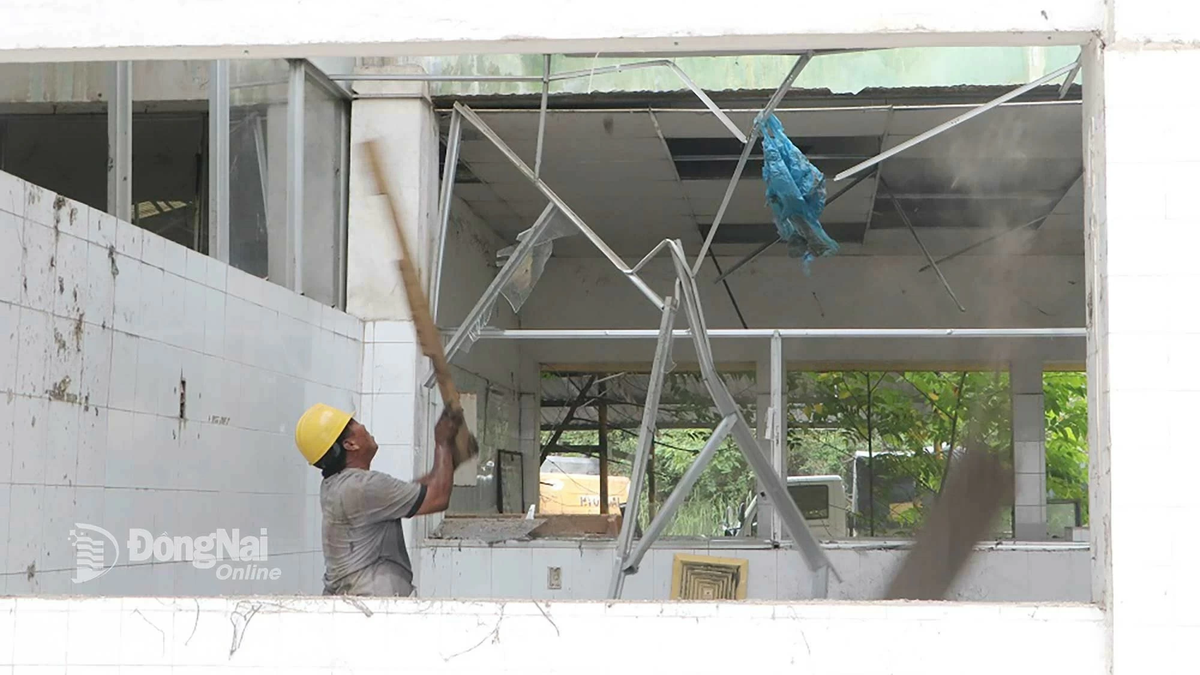
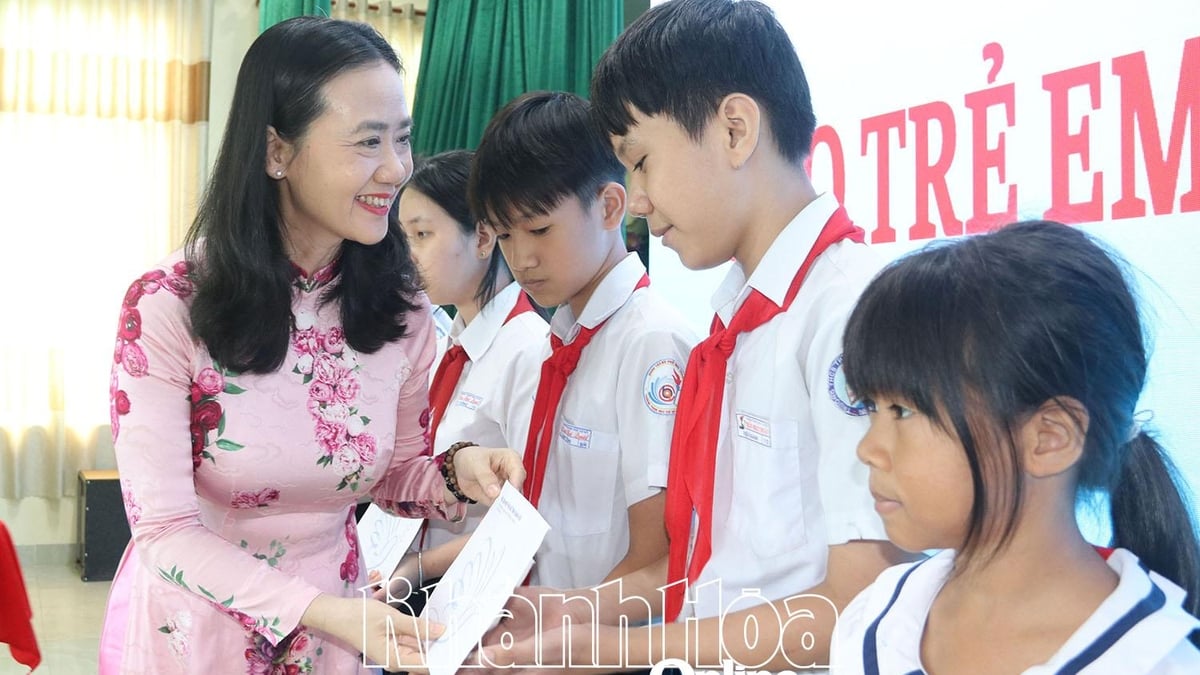

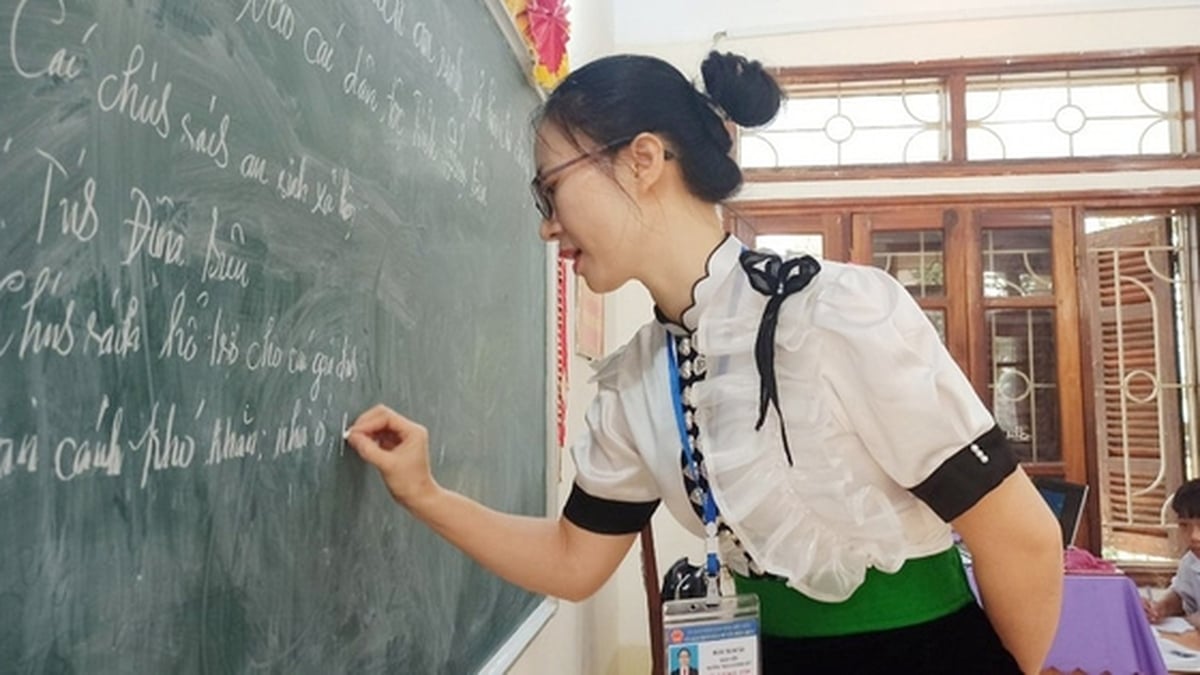


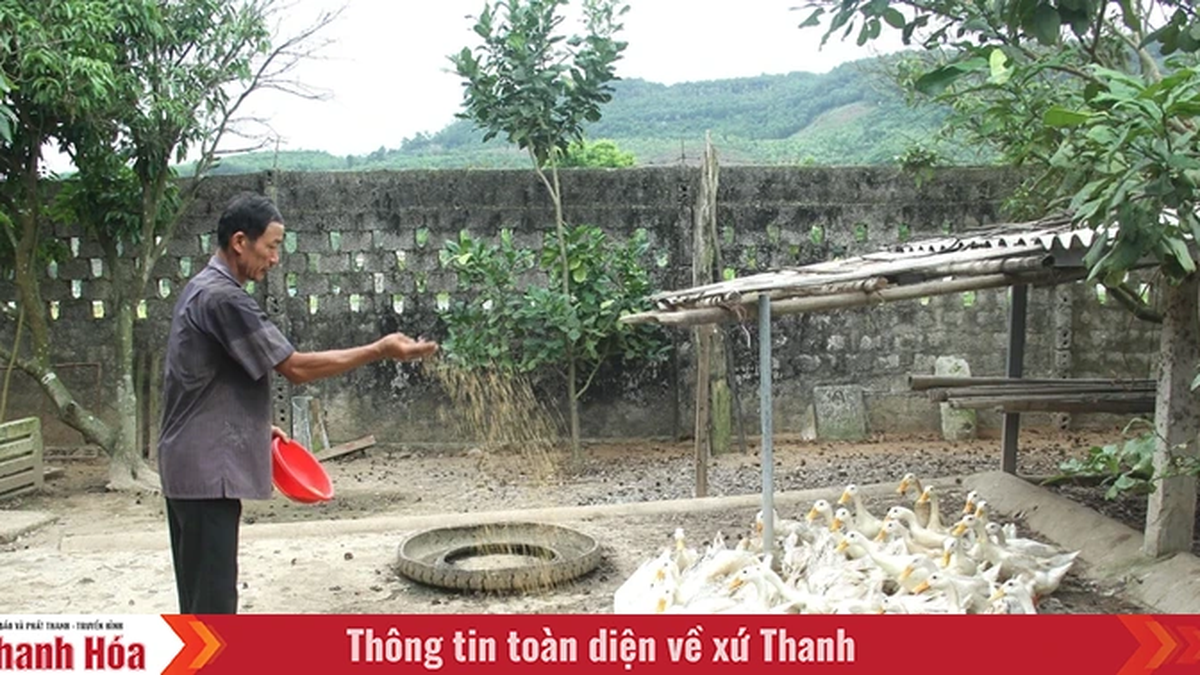
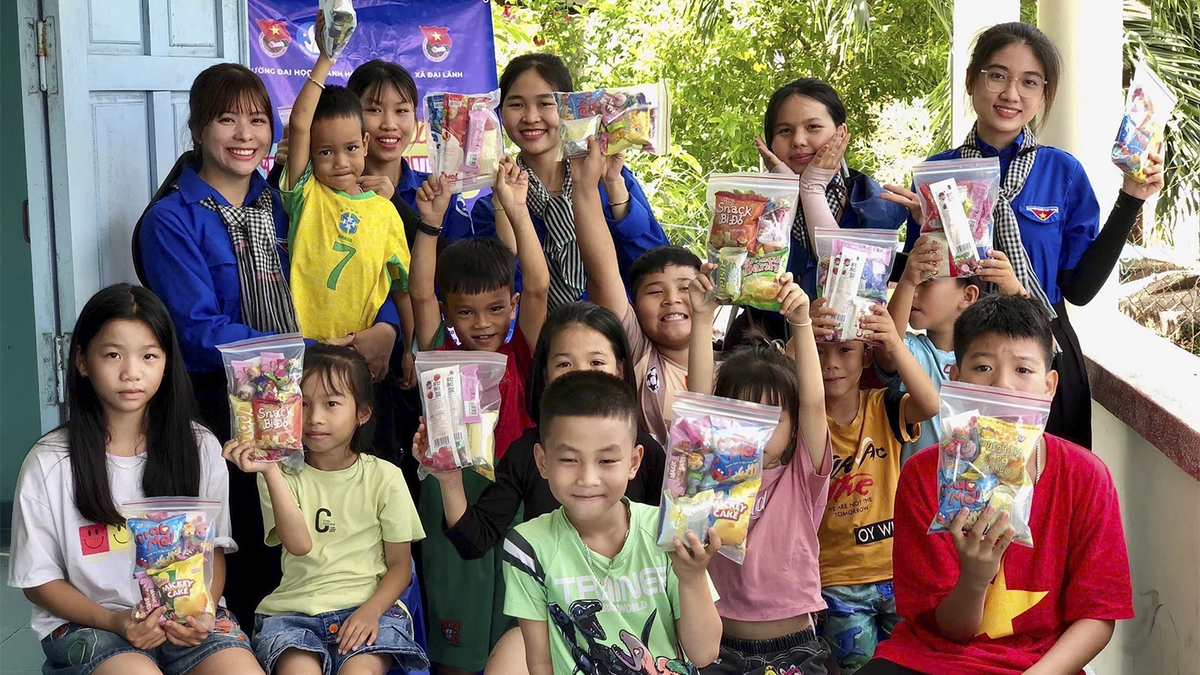
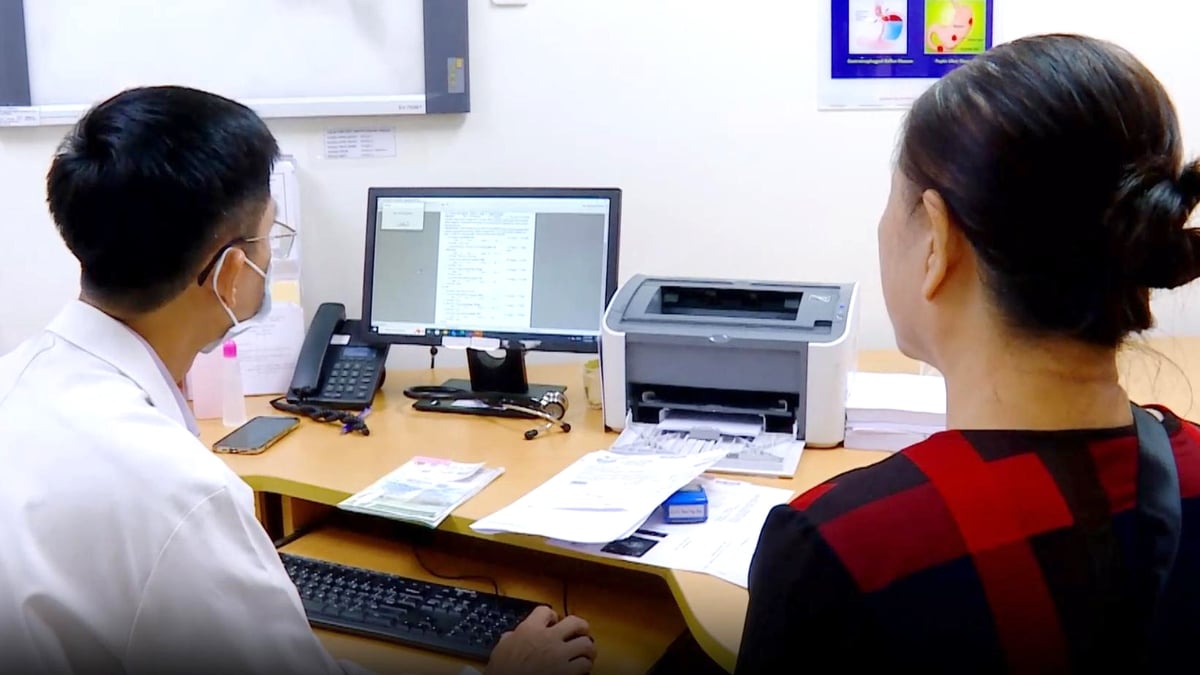
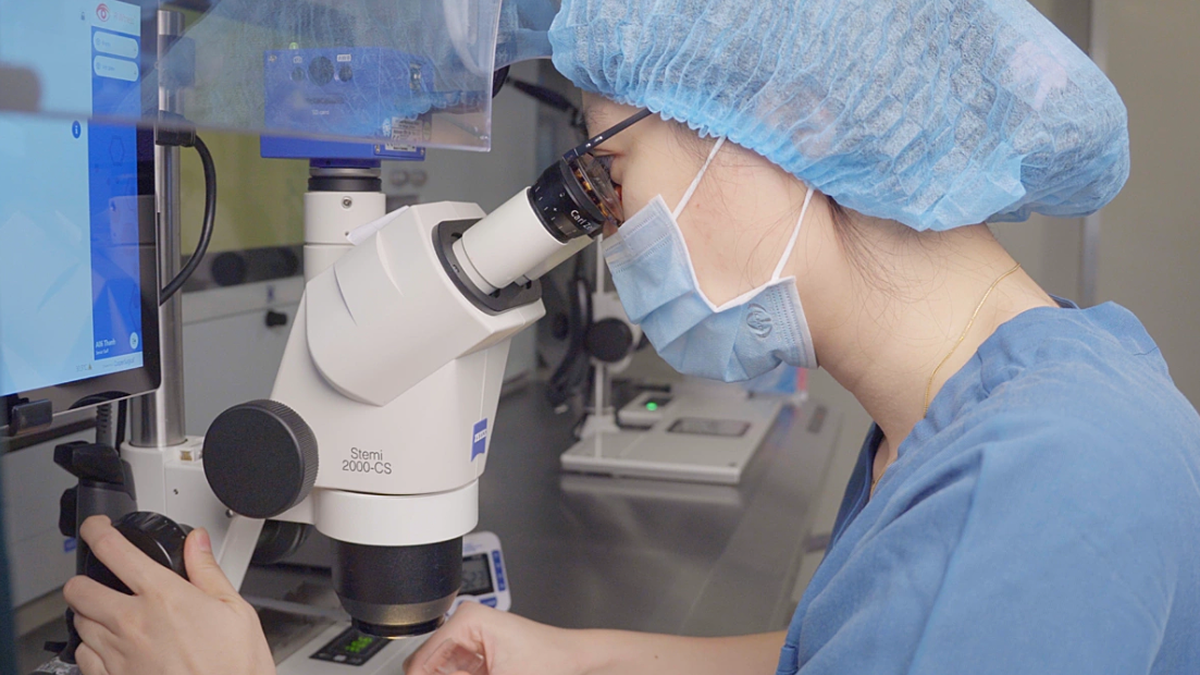











































![[Maritime News] Container shipping faces overcapacity that will last until 2028](https://vphoto.vietnam.vn/thumb/402x226/vietnam/resource/IMAGE/2025/7/30/6d35cbc6b0f643fd97f8aa2e9bc87aea)











































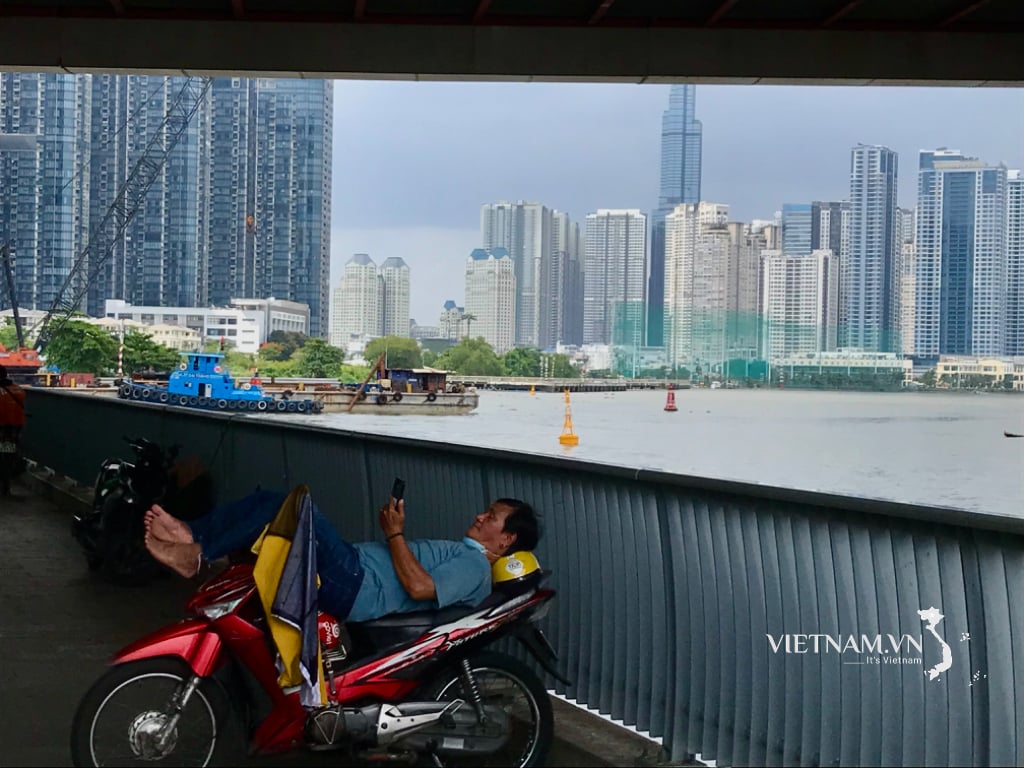

Comment (0)